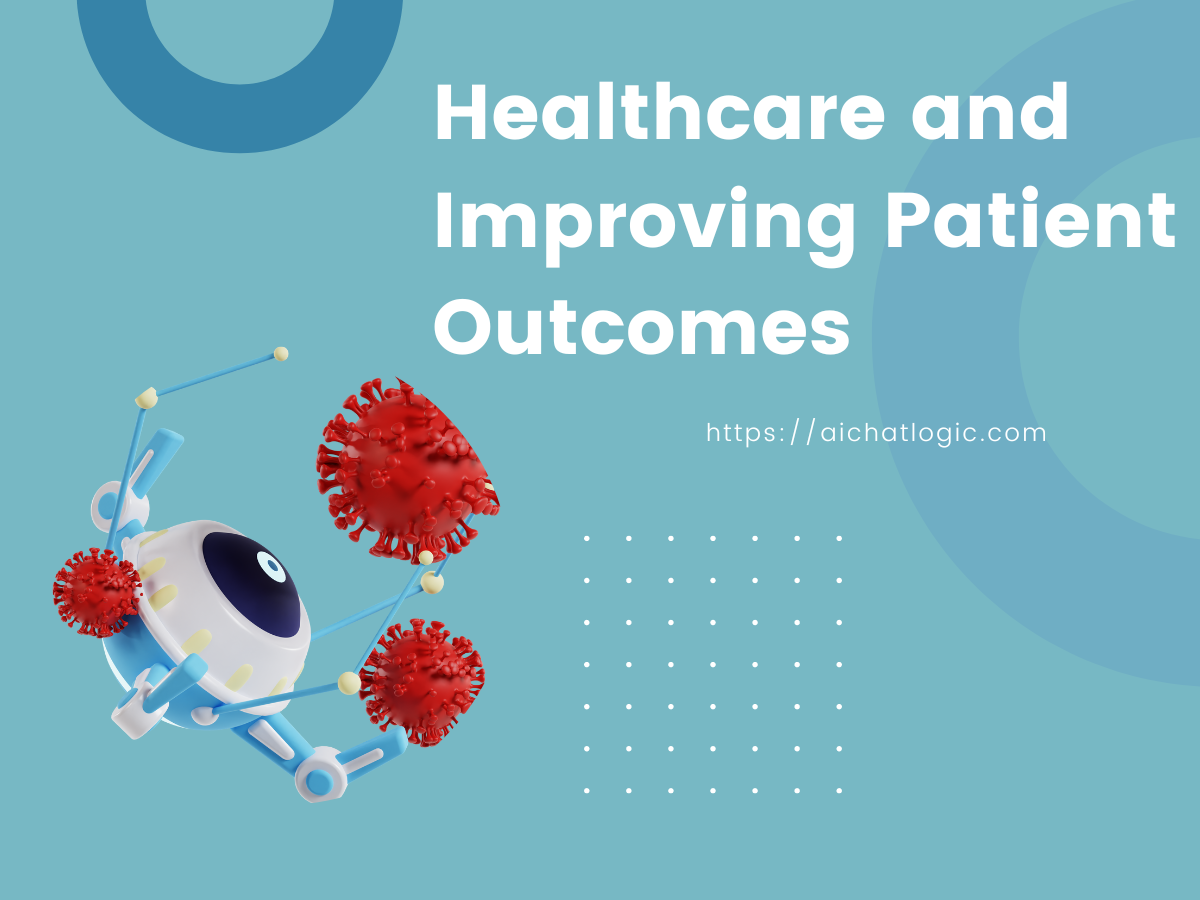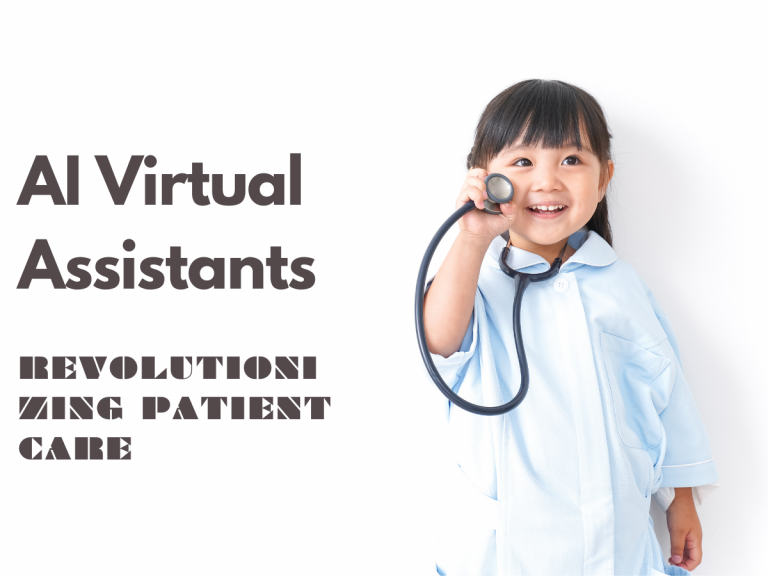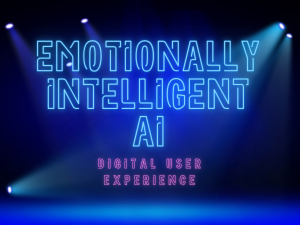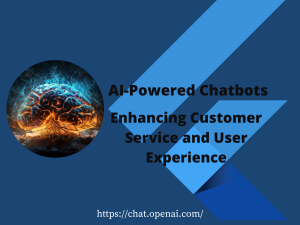1. Introduction
AI, or Artificial Intelligence, is revolutionizing the healthcare industry and significantly improving patient outcomes. By harnessing the power of AI technologies, healthcare professionals can enhance diagnostics, treatment planning, operational efficiency, patient care, and engagement. This article delves into the profound impact of AI on healthcare and explores its role in transforming the industry.
2. The Role of AI in Healthcare
AI plays a pivotal role in healthcare by utilizing advanced algorithms and machine learning to process and interpret vast amounts of data. This technology empowers healthcare providers to make data-driven decisions, leading to improved accuracy, efficiency, and patient outcomes. AI is a powerful tool that is transforming various facets of healthcare delivery.
3. AI-Powered Medical Diagnostics: Enhancing Accuracy and Efficiency
AI is revolutionizing medical diagnostics by augmenting the capabilities of healthcare professionals. By analyzing medical images, such as X-rays, MRIs, and CT scans, AI algorithms can detect abnormalities and assist in diagnosing various conditions. The integration of AI into diagnostic processes enhances accuracy and efficiency, enabling earlier detection and more precise diagnoses.
4. Precision Medicine: Tailoring Treatments for Individual Patients
One of the most significant advancements facilitated by AI is the emergence of precision medicine. By leveraging AI algorithms, healthcare providers can analyze a patient’s unique genetic and clinical data to develop personalized treatment plans. This tailored approach enhances treatment efficacy while minimizing adverse effects. AI enables healthcare professionals to identify patterns and correlations within large datasets, providing valuable insights for precise treatment decisions.
5. Streamlining Healthcare Operations with AI
AI streamlines healthcare operations by automating administrative tasks, optimizing resource allocation, and improving workflow efficiency. By leveraging AI-powered systems, healthcare organizations can streamline appointment scheduling, electronic health record management, and billing processes. This automation not only reduces administrative burden but also enables healthcare professionals to focus more on patient care.
6. Enhancing Patient Care and Engagement through AI Technologies
AI technologies enhance patient care and engagement by offering personalized and accessible healthcare services. Chatbots and virtual assistants powered by AI can provide immediate responses to patient inquiries, offer health-related information, and schedule appointments. Wearable devices equipped with AI algorithms enable continuous monitoring of vital signs, facilitating remote patient monitoring and proactive interventions. These technologies empower patients to actively engage in their own healthcare journey.
7. Addressing Ethical Considerations in AI Healthcare
As AI becomes increasingly integrated into healthcare, ethical considerations must be addressed. Patient privacy, data security, and the responsible use of AI are critical concerns. Healthcare professionals and policymakers must establish ethical frameworks and regulations to ensure transparency, fairness, and accountability in AI-driven healthcare practices.
8. Future Trends: The Promising Potential of AI in Healthcare
The future of AI in healthcare is brimming with possibilities. Advancements in AI, machine learning, and robotics hold the potential to further revolutionize the industry. Virtual reality and augmented reality technologies may enhance medical education and training, offering immersive simulations and surgical procedures. The integration of AI with the Internet of Things (IoT) may enable real-time patient monitoring and personalized interventions, transforming healthcare delivery.
9. Conclusion
AI is a game-changer in the healthcare industry, revolutionizing diagnostics, treatment planning, operations, patient care, and engagement. By harnessing the power of AI, healthcare professionals can improve accuracy, efficiency, and patient outcomes. However, ethical considerations and responsible use of AI must be prioritized to ensure patient privacy and maintain the human touch in healthcare delivery. The future of AI in healthcare holds immense potential for transforming the industry and improving patient well-being.
10. FAQs
Q1: How does AI enhance medical diagnostics? AI analyzes medical images, aiding in detecting abnormalities and improving diagnostic accuracy.
Q2: What is precision medicine? Precision medicine is an approach that uses AI algorithms to develop personalized treatment plans based on a patient’s unique characteristics, optimizing treatment outcomes.
Q3: How does AI streamline healthcare operations? AI automates administrative tasks, improves resource allocation, and enhances workflow efficiency, freeing up healthcare professionals’ time for patient care.
Q4: How does AI enhance patient care and engagement? AI-powered technologies, such as chatbots and wearable devices, provide personalized healthcare information, enable remote monitoring, and enhance patient engagement in their own care.
Q5: What are the future trends in AI healthcare? Future trends include advancements in AI, machine learning, robotics, virtual reality, augmented reality, and the integration of AI with IoT for real-time monitoring and interventions.













+ There are no comments
Add yours